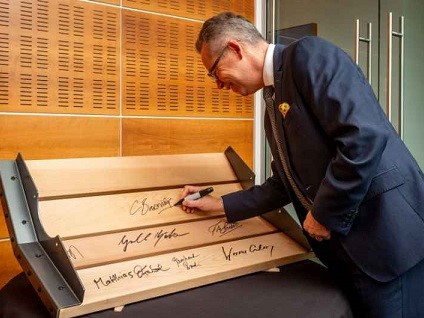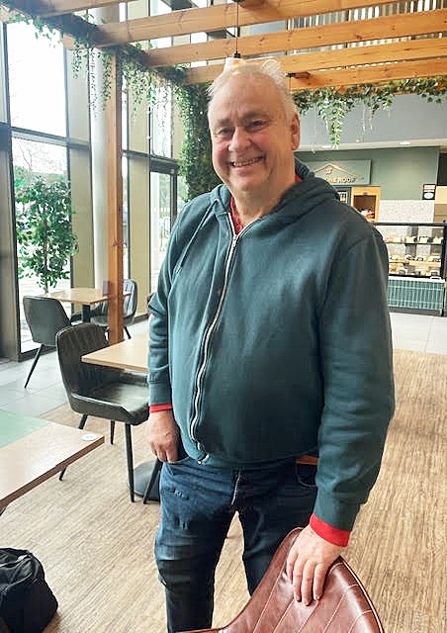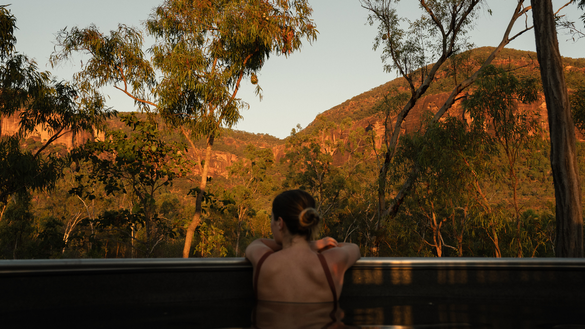A local couple’s generosity will put a roof over the heads of some of Birmingham’s most vulnerable people over Christmas. Steph and Matthew Neville have donated a house where people can live while they seek asylum in the city. After seeing the plight of asylum seekers left homeless and destitute on the streets of Birmingham, the couple decided to donate their house. To help cover the costs of maintaining the house, the couple have also raised nearly £5,000 with family, friends and other local people.
The house will provide shelter for 3 vulnerable people seeking asylum in Birmingham. Some of them are spending their first Christmas outside their home country, and would have otherwise been forced to sleep rough on the streets.
Local charity Hope Projects, which provides housing, financial support and legal advice to people left homeless and destitute by the UK asylum system, is acting as custodian of the house.
Commenting, Steph Neville said: "We feel privileged to have met some of those who have come to the UK after escaping unimaginable horrors in their own countries. We have heard of terrible hardship but also of great resilience and hope. We are often deeply troubled by attitudes and policies which demonise and exclude those who have already lived through so much.
“As we are in the position to be able to do something to help, this feels like the right thing to do: not only for the practical support it will offer, but also to send a message saying to them 'you are welcome here'."
Phil Davis, Head of Hope Projects, said: “This truly is the greatest Christmas present. No-one should be homeless on our streets and this Christmas, thanks to the Steph and Matthew Neville’s generosity, a few fewer will be.
“It’s a scandal that people who have come seeking our protection are treated in this way. It shouldn’t be up to British people to do the Home Office’s job for them.
“Hope Projects helps people sort out these problems, but how can you do that if they have literally nowhere to live? This house will be a lifeline to some of our most vulnerable people.”
















